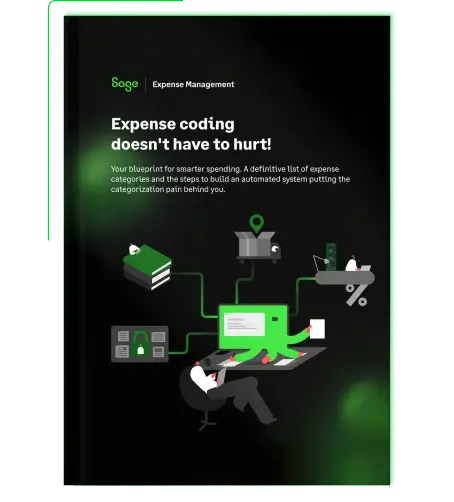 4.6/51670+ reviews
4.6/51670+ reviewsIn a competitive business environment, having a team with recognized professional certifications can be a significant advantage. Paying for employees to obtain or maintain certifications such as a CPA for an accountant, a PMP for a project manager, or an AWS certification for an IT professional, is a common investment in workforce skills.
The fees paid for these exams and certifications are a deductible business expense, but their tax treatment is subject to the same strict IRS rules as other educational costs. This guide will clarify how to categorize these fees, the critical tests they must meet to be deductible, and how to track them for full compliance.
The costs an employer pays for an employee's professional certification and exam fees are an ordinary and necessary business expense. These costs are generally categorized as an Employee Benefit Program or as a general Education and Training expense.
IRS Publication 334 allows for the deduction of costs for employees' education and training. These fees fall under that overall category.
The deductibility of certification fees hinges on the same IRS tests that apply to all work-related education. The primary question is whether the certification qualifies the employee for a new trade or business.
The cost is deductible if the certification maintains or improves the skills required for the employee's current job. For example, an existing project manager getting a PMP certification would meet this test.
This is the most critical exception. IRS Publication 334 is very clear that education costs are not deductible if they are part of a program of study that will qualify an employee for a new trade or business.
To deduct qualifying certification and exam fees, you must report them correctly and maintain the required documentation.
For a sole proprietor filing a Schedule C (Form 1040):
You must have documentary evidence to substantiate the expense. Your records should include:
Sage Expense Management helps you manage and document all employee certification costs, ensuring every fee is captured, coded, and compliant.





